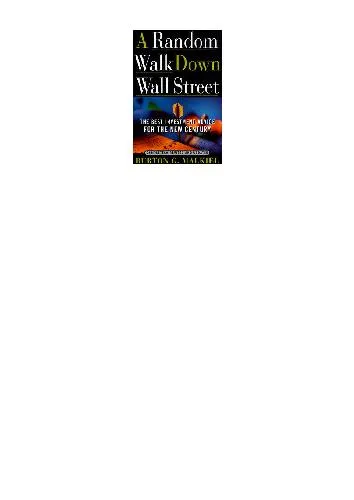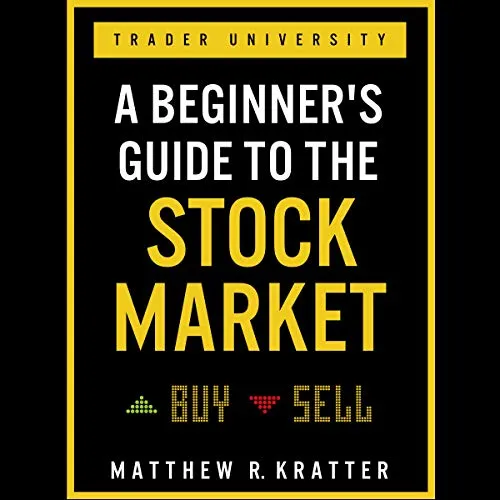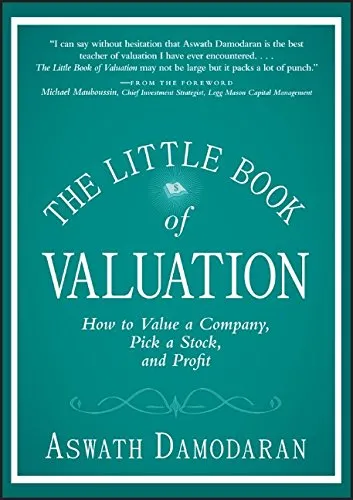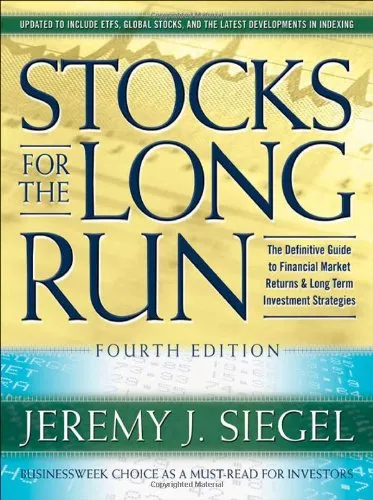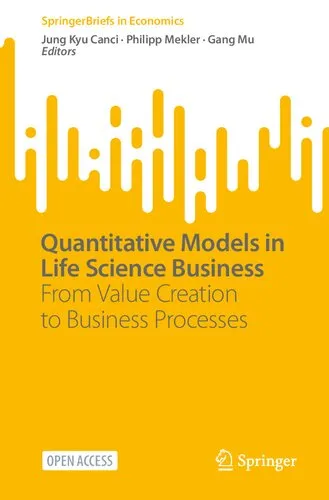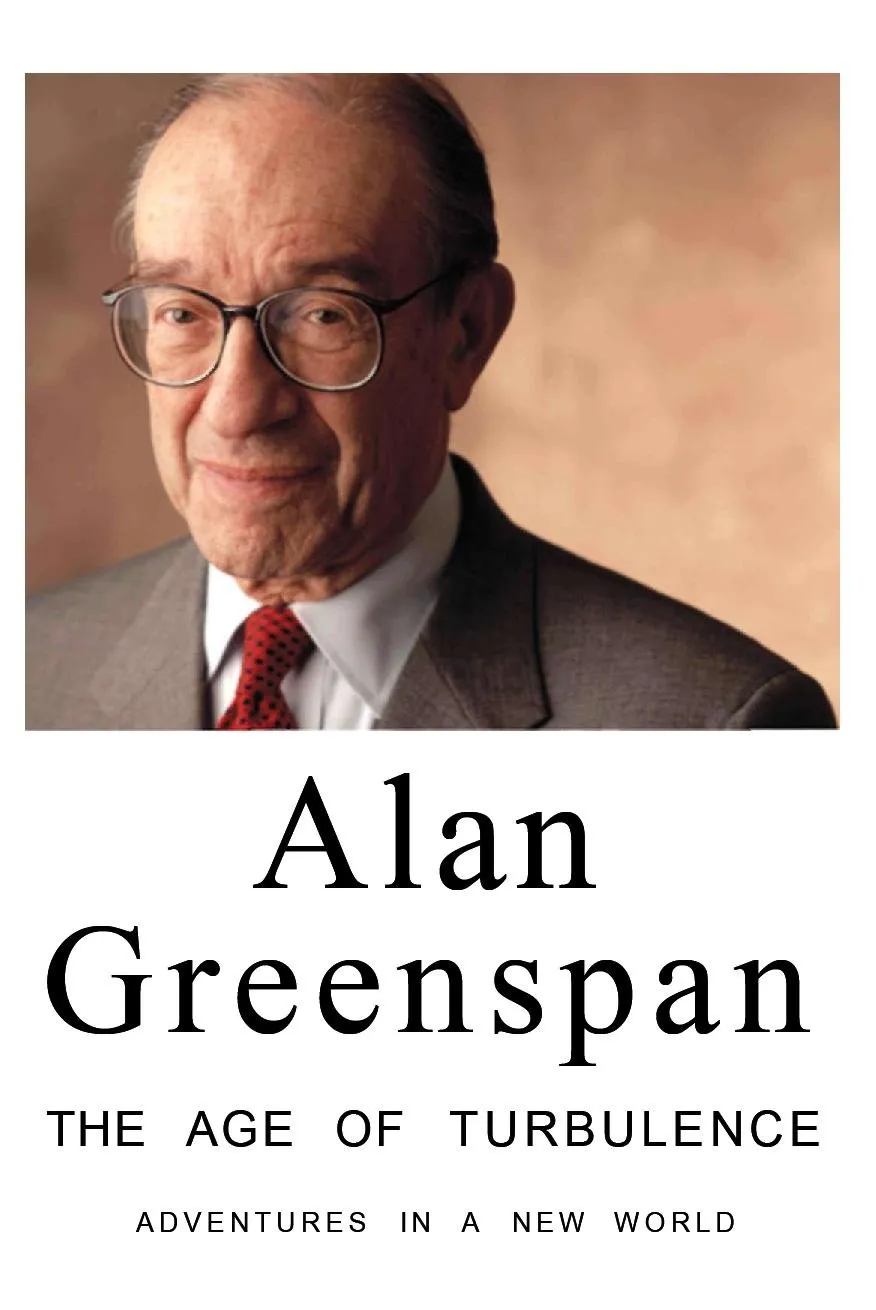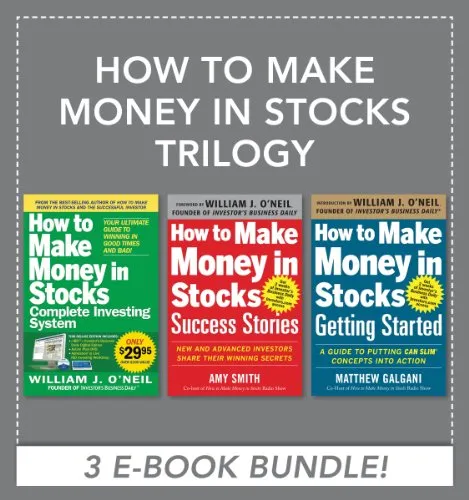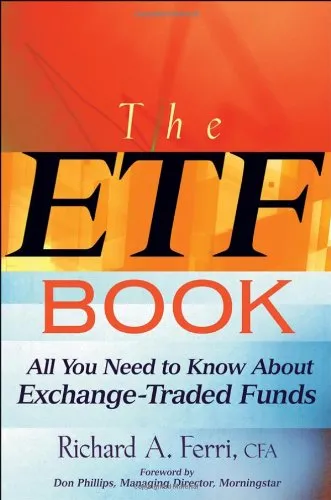The Wealth of Nations
4.5
Reviews from our users

You Can Ask your questions from this book's AI after Login
Each download or ask from book AI costs 2 points. To earn more free points, please visit the Points Guide Page and complete some valuable actions.Related Refrences:
Introduction to "The Wealth of Nations" by Smith Adam
Published in 1776, "The Wealth of Nations" by Smith Adam is a revolutionary work that laid the foundations of modern economic theory. This book explores the nature and causes of a nation's prosperity and wealth, offering insights that remain relevant even today. Through detailed analysis and incisive commentary, Adam Smith offers an extensive look into the dynamics of economics, trade, and the division of labor.
Detailed Summary of the Book
The Wealth of Nations is divided into five books, each addressing distinct elements of political economy. Book I focuses on the division of labor, illustrating how specialization improves productivity and efficiency in the production process. Smith uses the iconic example of the pin factory to demonstrate how breaking down tasks led to increased output.
Book II investigates the nature of capital and how it is accumulated. Smith argues that capital is essential for producing wealth and is distinct from other forms of assets as it directly contributes to production. In Book III, Smith examines how wealth is distributed across different societies, offering historical analysis of economic progress in Europe.
Book IV tackles the mercantile policies prevalent in Smith's time, critiquing them and advocating for free trade. His famous notion of the "invisible hand" emerges here, as Smith suggests that individuals seeking personal gain inadvertently contribute to society's economic well-being.
Finally, Book V looks at the role of government in the economy, focusing on public finance and the necessary functions of government in justice, defense, and public works. Through meticulous discussions, Smith defines the limits and responsibilities of government involvement in economic activities.
Key Takeaways
- The division of labor enhances productivity and accelerates economic growth.
- Capital accumulation is critical for an economy’s development and sustainability.
- Free trade and minimal government intervention allow markets to self-regulate efficiently.
- The "invisible hand" serves as a metaphor for the self-regulating behavior of the marketplace.
- The state should focus on justice, national defense, and public infrastructure but limit economic interference.
Famous Quotes from the Book
"It is not from the benevolence of the butcher, the brewer, or the baker that we expect our dinner, but from their regard to their own interest."
"The real tragedy of the poor is the poverty of their aspirations."
"Consumption is the sole end and purpose of all production; and the interest of the producer ought to be attended to, only so far as it may be necessary for promoting that of the consumer."
Why This Book Matters
The Wealth of Nations is more than just a comprehensive inquiry into economics; it is an embodiment of Enlightenment thinking. Smith's ideas paved the way for the classical economics movement, influencing figures like David Ricardo and John Stuart Mill. Its teachings remain pertinent as modern economists and policymakers grapple with issues of free market principles versus regulatory oversight.
Smith's ideas encourage us to consider the impact of individual enterprise on societal prosperity, highlighting the delicate balance between self-interest and the public good. For anyone interested in understanding the fundamental mechanisms driving economic systems, "The Wealth of Nations" remains an indispensable work, significant both historically and intellectually.
Free Direct Download
You Can Download this book after Login
Accessing books through legal platforms and public libraries not only supports the rights of authors and publishers but also contributes to the sustainability of reading culture. Before downloading, please take a moment to consider these options.
Find this book on other platforms:
WorldCat helps you find books in libraries worldwide.
See ratings, reviews, and discussions on Goodreads.
Find and buy rare or used books on AbeBooks.
1502
بازدید4.5
امتیاز0
نظر98%
رضایتReviews:
4.5
Based on 0 users review
Questions & Answers
Ask questions about this book or help others by answering
No questions yet. Be the first to ask!

